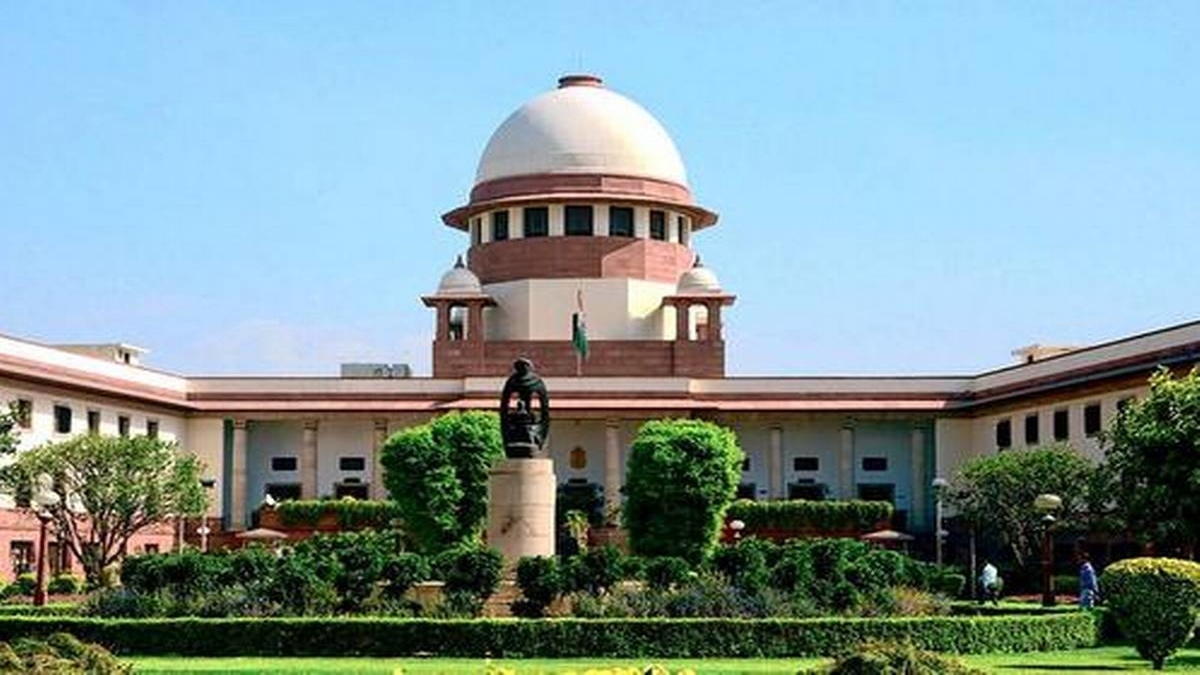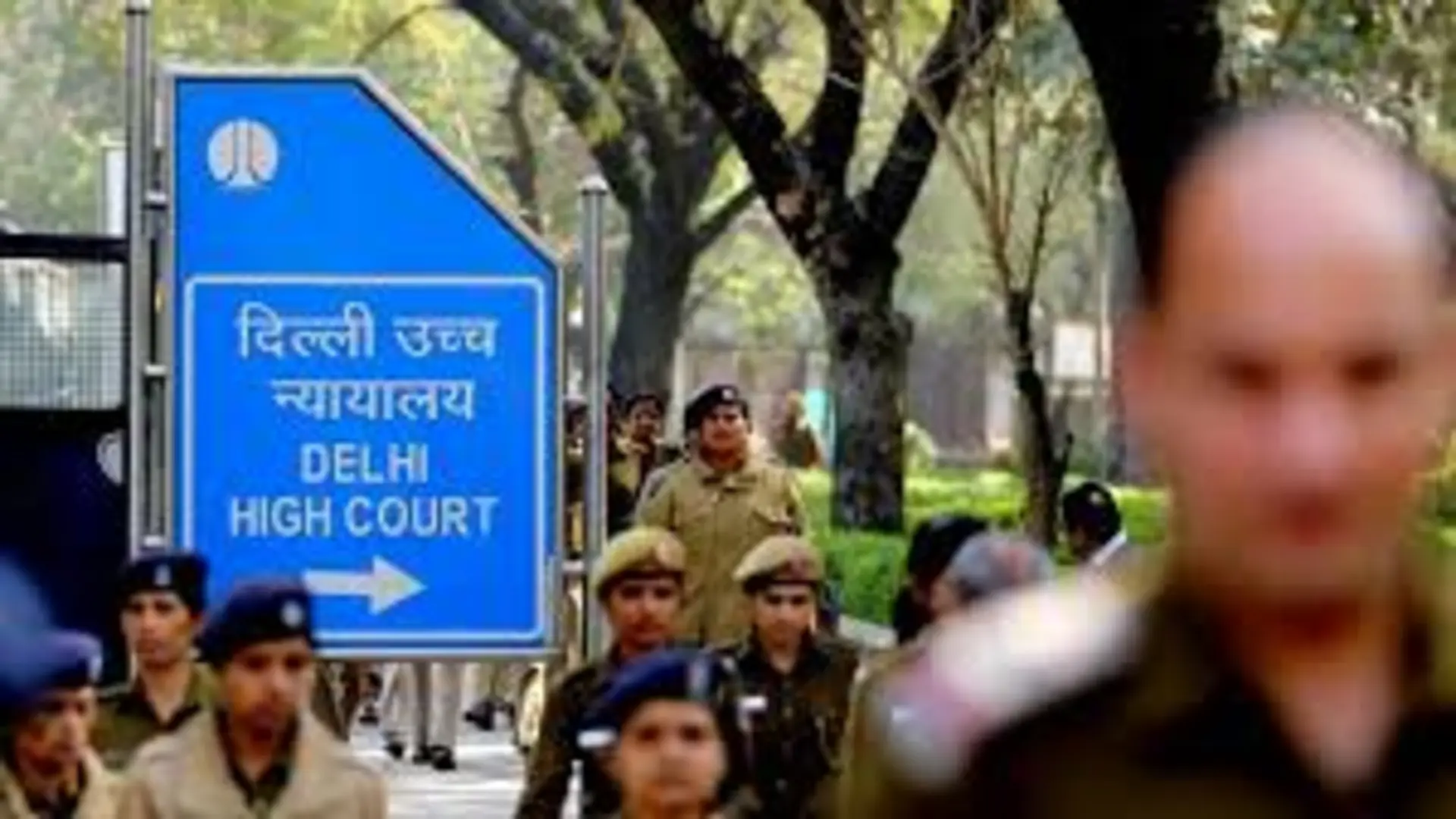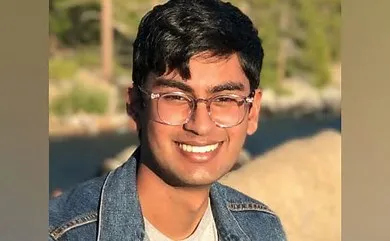It is a matter of great solace and satisfaction for the judicial officers of lower courts that the Apex Court which is the top court of India in a learned, latest, laudable and landmark judgment titled KG Shanti vs United India Insurance Co Ltd & Ors in Civil Appeal Nos 929-930/2021 [@SLP (Civil) Nos 4663-4664/2021] [@ Diary No(s) 4210/2021] delivered just recently on March 16, 2021 has strongly deprecated in no uncertain terms the practice of making adverse remarks by High Courts against judicial officers. A judicial officer who presided Motor Accidents Claims Tribunal had approached the Apex Court against certain observations made personally against her by the High Court of Karnataka. The top court minced no words to make it absolutely clear that any criticism or observations must be judicial in nature and should not formally depart from sobriety, moderation and reserve.
To start with, the ball is set rolling first and foremost by a two Judge Bench of the Supreme Court comprising of Justice Sanjay Kishan Kaul and Justice R Subhash Reddy in the opening para wherein it is put forth that, “The Special Leave Petitions have been preferred by the judicial officer manning the Motor Accidents Claims Tribunal in respect of certain observations made personally against her in the impugned order dated 24.02.2020 by the High Court of Karnataka at Bengaluru. Insofar as the merits of the case are concerned, the endeavour of the claimants to assail the judgment has been rejected in SLP [C] Nos.8267-8268/2020 on 29.07.2020. We are thus, only called upon to look into the grievance made by the officer qua the observations made against her.” We thus see that the purpose for which the Special Leave Petition has been preferred is spelt out in the opening para.
To say the least, the Bench then points out in the subsequent para that, “Leave granted. We have heard learned counsel for the appellant on the limited aforesaid issue.”
To put things in perspective, it is then also pointed out in the next para by the Bench that, “Learned counsel has drawn our attention to the observations in paras 13 and 16 as under:
“13………this Court is unable to understand the level of integrity of the Presiding Officer in deliberately not observing these mistakes and proceeding to believe the bundle of lies which are stated in the complaint, which are contrary to the documents which are already on record. This conduct of the Tribunal is really baffling. Be that as it may.
xxx xxx xxx
16……If this is the standard of the Tribunals and if this is the manner in which the Tribunal could be hoodwinked by a ground of tricksters, then there is no purpose in having Tribunals at all and it would be convenient to allow the vagabonds to file false and frivolous claims and get the same allowed at their whims and fancies. The manner in which the claim petition is decided clearly shows that there is no sense of order in conducting the claim petitions. This is shameless state of affairs. Be that as it may.”
Furthermore, it is then envisaged in the next para that, “He further submits that on the one hand, such a strong observation has been made while on the other hand, the Bench while coming to the conclusion has observed in para 23 as under:
“23………it is not surprising that when there is concerted effort by the interested witnesses and devious claimants, it is difficult for the Court to get to the bottom of the truth….”
Going ahead, the Bench then goes on to observe elegantly, eloquently and effectively in the very next para that, “The submission of learned counsel for the appellant is that the appellant has been condemned unheard and the observations have serious consequences so far as her judicial career is concerned.”
While validating the legal dictum “audi alteram partem” which postulates that no “one shall be condemned unheard”, the Bench then minces absolutely no words to state in simple, straight and suave language that, “We are in agreement with learned counsel for the appellant that the appellant cannot be condemned unheard. We must notice at the threshold that the language used is extremely strong and the Court should be circumspect in using such language while penning down its order qua judicial officers. We really cannot appreciate the use of this language, whatever may have been the conduct of the appellant.”
Needless to state, it is then mentioned in the next para by the Bench that, “It was in any case open to the Division Bench, if it found that the impugned judgment of the Tribunal had grave errors which casts some doubt on the performance of the officer, to direct the matter to be taken on the administrative side in which case notice would have been issued to the appellant to explain her conduct and she would have got an opportunity to put forth her point of view and then it would have been open on the administrative side, if so advised to whether to take some action or not.”
Be it noted, the Bench then observes significantly in the next para that, “We may note that the aspect of remarks against subordinate judicial officers and the process for expunging such adverse remarks have formed part of more than one opinion of this Court stating that the power to expunge remarks exists for redressal of a kind of grievance for which law does not provide any other remedy in express terms though it is an extraordinary power. (‘K’ A Judicial Officer, In re (2001) 3 SCC 54).”
Most significantly, most convincingly and also most remarkably, what is most encouraging for the judicial officers of the lower courts is that the Apex Court Bench then goes on to hold very rightly as we see what is the cornerstone of this brief, blunt, brilliant and bold judgment that quite remarkably without mincing any words whatsoever that, “We may also note that what we have said aforesaid on the language to be deployed has also been opined upon as the overall test of any criticism or observations must be judicial in nature and should not formally depart from sobriety, moderation and reserve. (State of U.P. v. Mohd. Naim – (1964) 2 SCR 363). It has been categorically laid down that there cannot be an adverse remark made against a judicial officer without first giving an opportunity to the judicial officer to explain his conduct. (Awani Kumar Upadhyay v. The Hon’ble High Court of Judicature at Allahabad & Ors. – (2013) 12 SCC 392). In that context, in fact it has been observed that while our legal system acknowledges the fallibility of the Judges and thus, provides for appeals and revisions, the lower judicial officers mostly work under charged atmosphere and are under psychological pressure and do not have the facilities which are available in the High Court.” This is exactly what the High Court Judges must always bear in mind also! This is the crying need of the hour also! Who can ever deny or dispute this also?
Equally significant is what is then stated in the next para by the Apex Court Bench that, “This, in the given facts of the case, are more so when in the impugned judgment itself it has been found that it is not surprising that when there are concerted efforts by the interested witnesses and devious claimants, it may become difficult for the Court to get to the bottom of the truth.”
As a corollary, it is then stated aptly by the Apex Court Bench that, “The result of the aforesaid is that the observations impugned in paras 13 and 16 extracted aforesaid are set aside but giving liberty to the High Court that if it really thinks that there are serious aspects arising in respect of the manner of passing of the judgment by the Tribunal, it will not preclude the High Court on the administrative side from issuing a notice to the judicial officer and taking appropriate decision after giving her an opportunity to put forth her stand.”
Finally, the Apex Court Bench comprising of Justice Sanjay Kishan Kaul and Justice R Subhash Reddy concludes by holding in the last and final para that, “The appeals accordingly stand disposed of.”
It is a no-brainer and goes without saying that all the Judges of the High Court must always abide fully, firmly and finally what the Apex Court Bench comprising of Justice Sanjay Kishan Kaul and Justice R Subhash Reddy has stated so unequivocally, unanimously and unambiguously in this noteworthy case. It has thus stated clearly, convincingly and cogently that the language to be deployed must be judicial in nature and should not formally depart from sobriety, moderation and reserve. This must always be adhered to also by all the Judges of the High Courts.
To conclude, this is what the “highest standards” also demands of the High Courts which all the Judges who occupy the “high offices” of the High Courts must always also keep in mind. This will definitely raise their respect also among not just the litigants but also among the Judges of the lower judiciary who after working hard relentlessly and yet receive brickbats in the form of “strong, stern and sweeping” remarks feel “most anguished, appalled and angry also” that they are always at the receiving end only!
This will also definitely ensure that there is a better rapport among the Judges of the lower courts and so also the High Courts which is indispensable also for the smooth functioning of the judiciary as the lower courts as also the High Courts are the basic pillars of judiciary which if not kept right will ensure that the whole judiciary stands crumbled, crushed and finally comes crashing down which we cannot afford under any circumstances also!
To put it mildly: Who is saying that don’t point out what the lower Court Judges do wrong or where they go wrong? No one is saying this nor is anyone advocating this nor should it ever be done under any circumstances.
Of course, the lower court Judges must definitely be always told of whatever wrong they do and whenever they err in delivering judgment or in any other aspect also but there certainly has to be a polite yet powerful, prudent and also simultaneously practical approach in conveying it correctly which is found quite lacking as we see quite clearly in this case also which ultimately has compelled none other than the Apex Court to take real serious note of it and hold strongly what we have already discussed above quite in detail while very strongly deprecating the unhealthy, uncalled for and unbecoming practice of passing strong adverse remarks used against judicial officers of the lower courts!
All in all, there is certainly no real, robust and rational reason to differ in any way with what the Apex Court has held so briefly, bluntly, brilliantly and boldly in this clear, cogent and convincing case! It is the bounden duty of all the High Court Judges to always abide by what the Supreme Court has held so logically, laudably, lucidly and learnedly in this latest, leading and landmark case which makes the whole picture clear with no doubt left anyhow or somehow! There can certainly be no ever denying or disputing it nor is there any harm in doing so!
Sanjeev Sirohi, Advocate,























